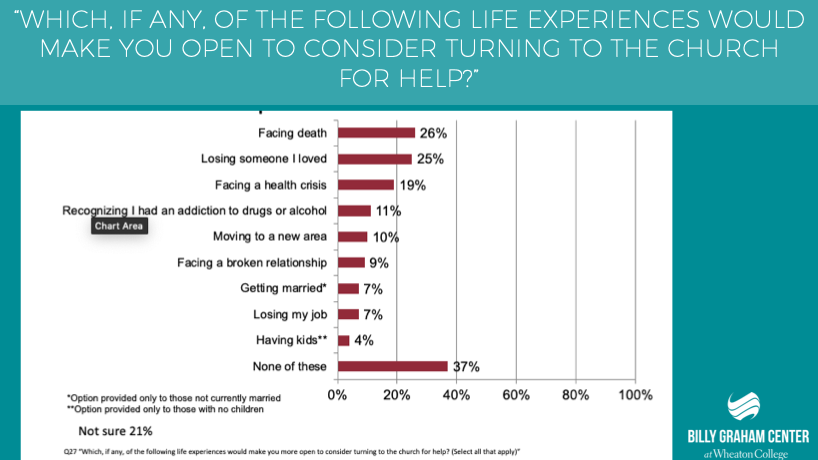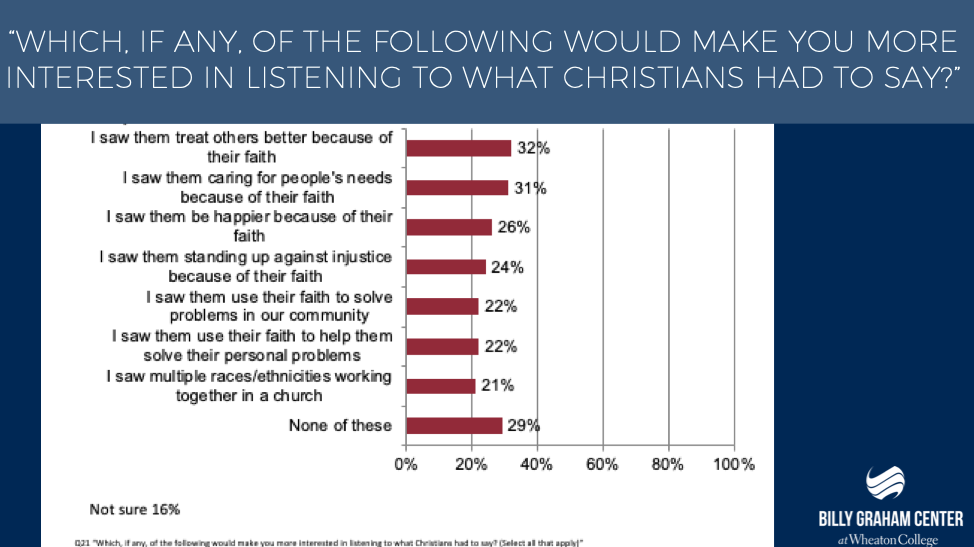In the early days of the crisis of the Revolutionary War, Thomas Paine wrote a series of pamphlets entitled The American Crisis. He opened the series with these now-famous words: “These are the times that try men’s souls.” War has a way of doing that.
And, so do pandemics.
The global crisis we currently face has disrupted lives in dramatic and often horrific ways. Over 10 million Americans applied for unemployment in March. We see the strain on healthcare workers. Every cough makes us worry about the virus; many of us now know someone who has been touched by it. Wealthy and poor, politician and shift worker, famous actor and homeless person, the virus is relentless in its spread.
Disasters do something more than disrupt the normal flow of life, however. They actually have a way of making people more receptive to change or innovation. Pastors are suddenly far more receptive to online streaming of their services. Small groups are receptive to video chat meetings. Parents are more receptive to some version of home schooling.
AN URGENCY TO GOSPEL SHARING THIS WEEK
Times like these do try our souls. They also call believers to share Christ with urgency. One of the effects of this moment is that unchurched people are more receptive to the gospel. Let me give you some research on this and then offer some practical helps for this critical time for our witness. (I shared these on a Facebook live yesterday as well.)
A LifeWay Research study discovered that the top four circumstances (drawn from a larger list) when people are more open to spiritual conversations.
• After a natural disaster – 34%
• After a major national crisis – 38%
• During Easter season – 38%
• During Christmas season – 47%
As you can see, at this moment we are experiencing three of the top four reasons THIS VERY WEEK. And, this probably will be the most spiritually open time you will see in your lifetime.
Also, in my colleague Rick Richardson’s book You Found Me, research indicates the top three reasons given by unchurched people to turn to the church for help are where we are just now: Facing death, losing someone I love, or facing a health crisis:

We literally face an unprecedented moment in our lifetime to lovingly and graciously share Christ verbally with others. This research also shows the importance of showing the implications of the gospel as we share it.
WE NEED TO SHOW AND SHARE
I’ve written much in the last few weeks about Christians serving others in the crisis. In my USAToday article from last week, I explained:
“The Christian church is called to sacrificially care for the vulnerable because, as scripture reminds us, Christ first loved us and died for us that we might be forgiven and reconciled to God. We love others because we understand just how much God has done for us and how he then calls us to live in light of that love. That is what Christians were known for centuries ago — caring for others. That’s not always been the case, but it has often been. Yet, today, my evangelical brothers and sisters and I have been known for being more about ourselves than our neighbors.”
Notice the next chart which shows a strong correlation between how we live our faith and the receptivity of the unchurched to our witness:

You can see what the research shows. We are in a season to share Christ like few we will ever experience. This is the time where our focus should be on sharing Christ boldly and winsomely.
This is probably the most receptive moment in your lifetime. Will you take the time to share Christ this week?
WHAT WE CAN DO RIGHT NOW
Here are ten ideas for you this week to share the gospel boldly and clearly.
1. Pray over your neighborhood, take walks, and seek to share Christ specifically with a neighbor this week (socially distanced, of course).
2. Do a Facebook Live or Instagram video on Good Friday, sharing how what Christ did for us transcends the pandemic we currently face.
3. Type up your testimony (using this form if you need it). Post it on Good Friday on your social media feeds.
4. Send a Good Friday email to everyone in your address book with your testimony.
5. Call your neighbors, family members, friends, or anyone else you know who aren’t believers and ask them how you can pray for them. If the opportunity presents itself, share Christ.
6. Post gospel-rich Scriptures everywhere on Good Friday. Canvass your influence with verses like Romans 5:6-8; 10:9-13; John 14:6.
7. If you are a pastor, preach the gospel Easter Sunday. That should go without saying but I won’t assume anything these days. Preach the cross, call sinners to repent, compel people to respond to the grace of God. And, give a clear call to respond to the gospel.
8. Look for opportunities to show compassion to anyone you encounter whether in person, by phone, or via the Internet. Remember, people don’t care how much you know until they know how much you care.
9. Pray this simple prayer each day this season:” God, give me the boldness to proclaim the gospel like I’ve never had before. Give me an opportunity to share Christ with someone.”
10. Reach out to any senior adults you know. Ask them how they are doing spiritually and offer to pray for them. Share your testimony with them. Of course, build relationships for future gospel opportunities. However, be sure to invite people for Easter services as well.
ONGOING WITNESS
You may get to know neighbors or others that you didn’t know before the pandemic. This may open up times to share Christ in the days after this crisis ends. As always, display a humble, genuine confidence in the Lord. Don’t be holier-than-thou, admit your anxieties, but be quick to testify that God is greater than our current crisis.
We, as a nation have lost much, in these days. The world may not understand it, and may even try to caricature us for sharing our faith in a difficult time.
However, our deeds of service, combined with our words of witness, during a time of great openness can impact many lives this week— and in the weeks to come.
May we as the church bear witness to the One who came to seek and save that which was lost.
Read more evangelism suggestions from Rick Richardson »
This article originally appeared on The Exchange and is reposted here by permission.

